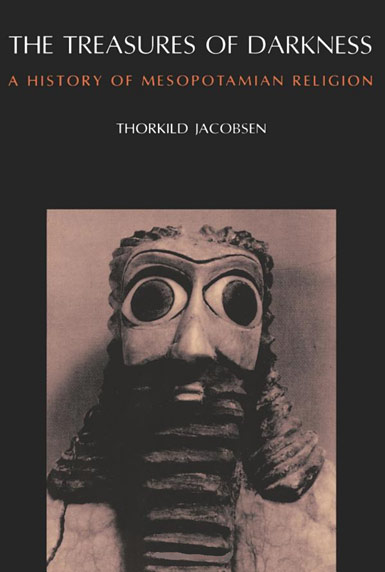The Psychology of Consciousness
by Robert Ornstein
Views current psychological theory and experimentation on perception and cognition and probes the factors that influence the rational and intuitive modes of consciousness
Descripción
“This is a fine, fine book — lucid, unsmug, amazingly comprehensive, and fascinating. If I had read it when I was an undergraduate, I probably would have majored in psychology myself . . . It is a book with a great number of implications — among them that we can all learn how to make use of our whole selves and that anyone who does will find that he is a rich and varied person, full of talents and intelligence and problem-solving abilities. And full of life. Reading The Psychology of Consciousness, I felt over and over that this was the book I had been waiting for.” —The New Yorker
“This is an original and explosive book. It starts out by making psychology, the science of the mind, what it actually is — as exciting and suspenseful as a good mystery story.” —George B. Leonard
“The first edition of The Psychology of Consciousness is already a modern classic . . . So much has been learned about consciousness since 1972 that this is more like a sequel to itself than a revision. Our ordinary consciousness . . . can now be seen as a major barrier to more effective thinking about the problems we all face collectively: the population, the environment, the bomb. At the same time, it is equally sobering to find out that it may now be possible to learn how to permanently improve our thinking abilities.” —Tony Hiss, author of The Experience of Place
“The Psychology of Consciousness . . . should be read by all students of the mind, including psychiatrists and clinical psychologists . . . it would make a fine text to introduce students to the new ideas that are transforming the study of the mind. And to all of us bound by our present conceptions it says powerfully: there are more things in heaven and earth than are dreamt of in your psychology.” —Psychology Today
“Ornstein has written one of the most important psychological books in many years.” —Contemporary Psychology





